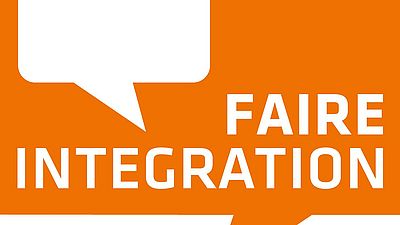
Work contract
If you successfully applied for a job, the employment contract regulates the basic conditions of your future employment relationship. Find out what you need to pay attention to.
In Germany, a written employment contract is the standard. It should contain information such as salary and holiday entitlement. Carefully read the contract before signing it. If there is something you do not understand, there is no need to fret: ask the HR department or the company's human resources manager. Make sure that all information is correct.
What your employment contract should include
Your employment contract must include the following information:
- Name and address of the employer and the employee.
- Inception of the contract: date on which you start as an employee of the company (i.e. when does the contract’s validity commence?).
- Time limit: is your contract limited to a certain period of time? If it is, when does the contract end?
- Probation period: how long is the probation period? This is the period in which you or the company can terminate the contract on short notice.
- Place of work: where are you going to work? If you will be working in different locations, it should be stated in the contract.
- Job description: what will your tasks in the company entail?
- Remuneration (salary): how much money will you earn for your work? Are there any additional allowances or bonuses, for example on Christmas or for working on weekends? When does the company pay your salary – at the end or at the beginning of the month?
Gross does not equal net
As a rule, a gross salary is the default case. Taxes and social security contributions such as insurance for health, nursing care, pension and unemployment are deducted from these amounts.
- Working hours: how many hours per week will you be working?
- Paid leave: how much paid leave can you take per year?
- Notice period: how far in advance must you or the company give notice to inform the other party of the employment relationship’s termination?
- Collective bargaining agreements and company agreements: special regulations may apply in addition to the employment contract. Employers' associations and trade unions, for example, have concluded collective agreements in many economic sectors. Collective agreements can regulate topics such as pay or holiday entitlements. Companies can also conclude agreements within their workers’ council (the body representing the employee’s interests). These are called company agreements. Feel free to ask your employer for more details about them.
![[Translate to English:] Explainer video: How do I find a job in Germany?](/typo3temp/assets/_processed_/1/5/csm_youtube_9b1c579177436b47318593079ae99f1d_80d434299a.jpg)
Video: How do I find a job in Germany?
Information on the web
- Federal Office of Migration and Refugees Information on the German labour law
- EURES Brief explanation of German work contracts
- Faire-integration Advisory structure on labour and social law issues
Do you have any questions?
Let us advise you on your opportunities to work and live in Germany. Our experts will support you with questions regarding job search, visa, recognition and learning German.
You can find out more about the various contact options by clicking on one of the icons in the bar below.


